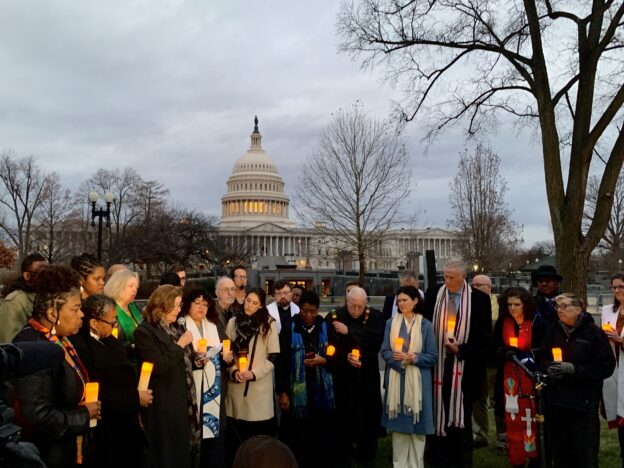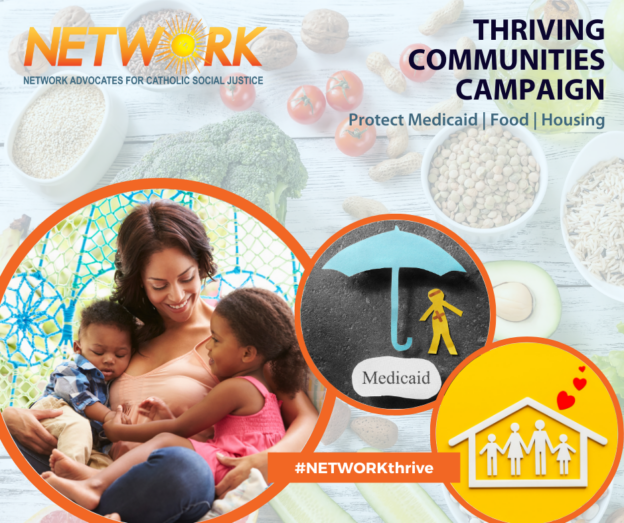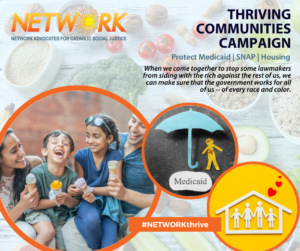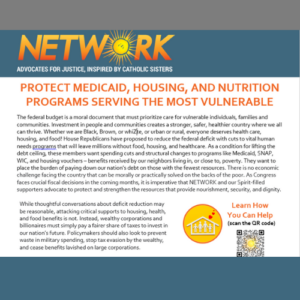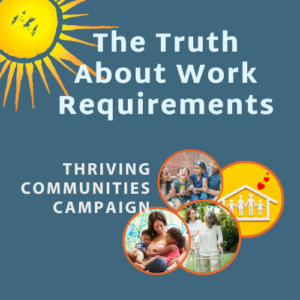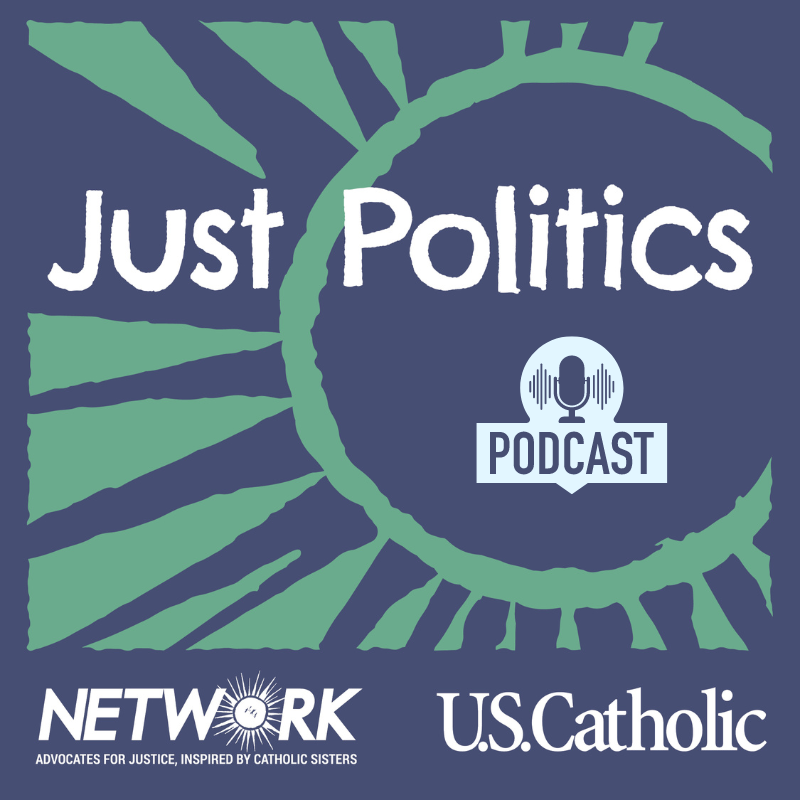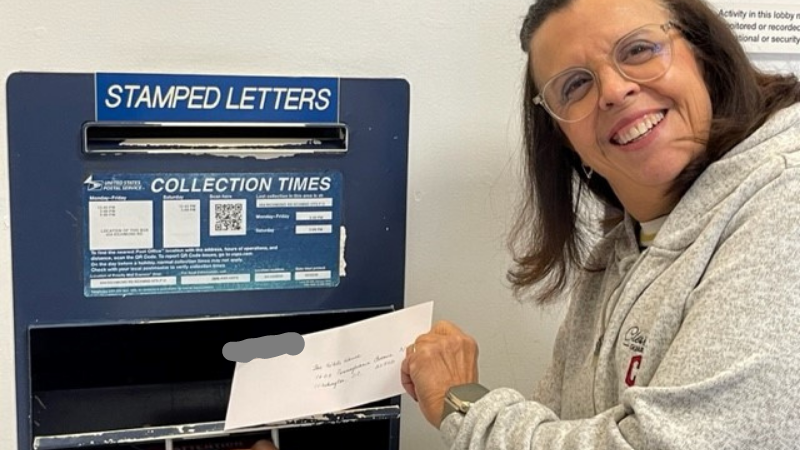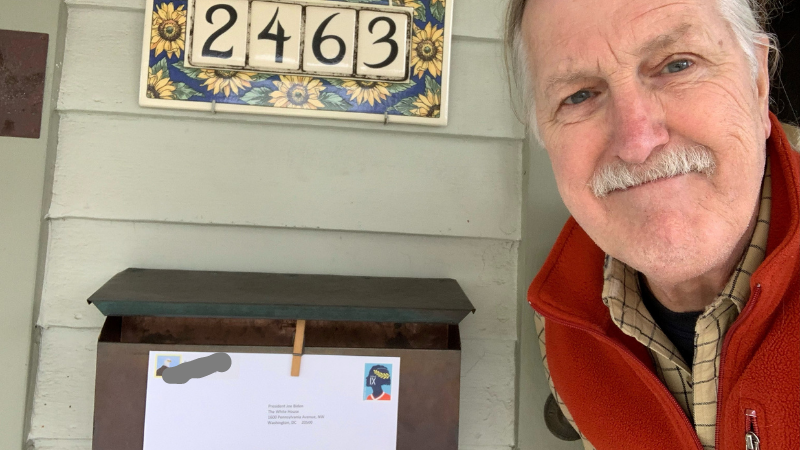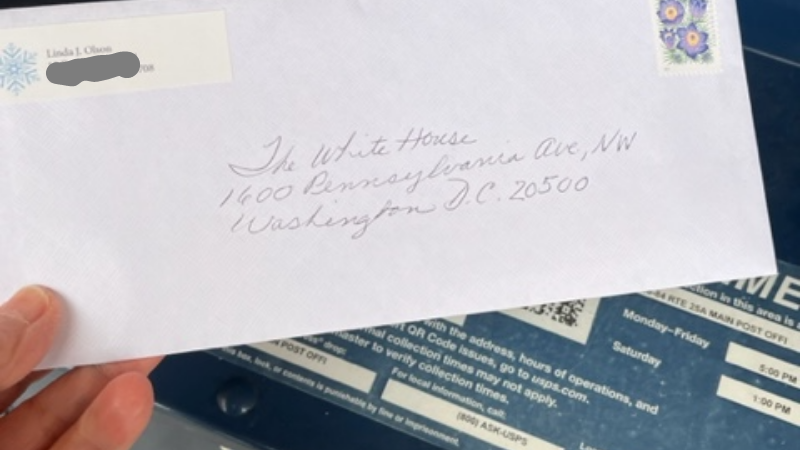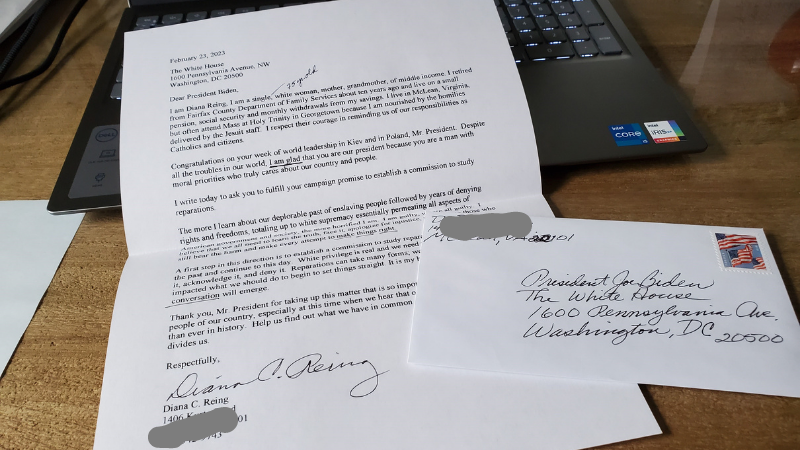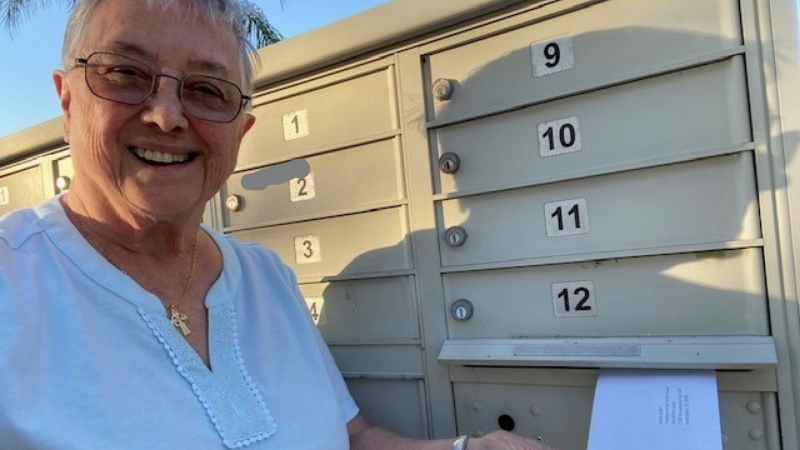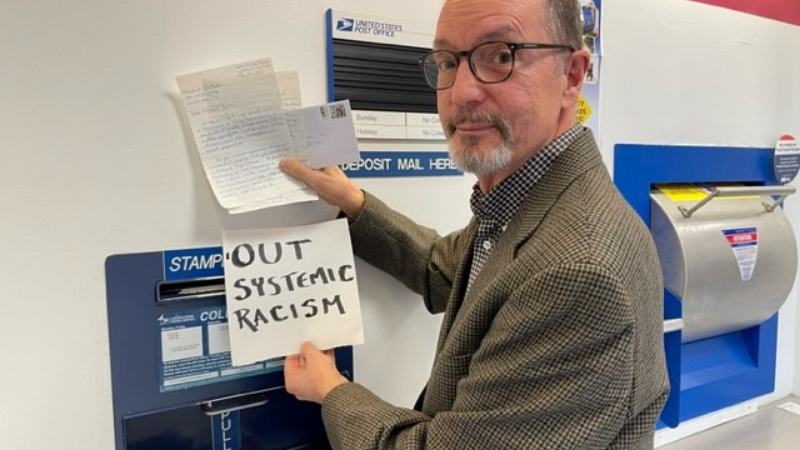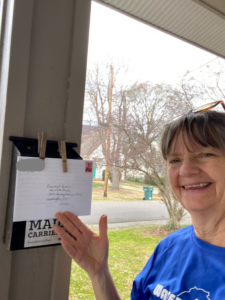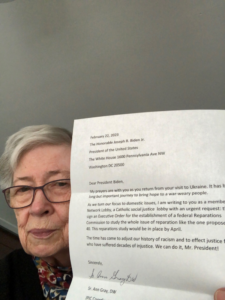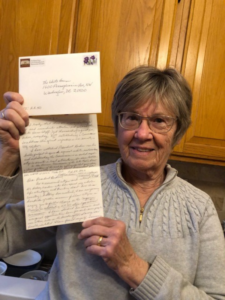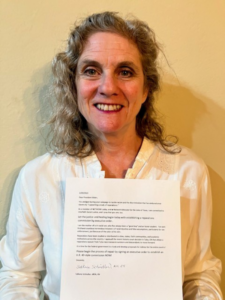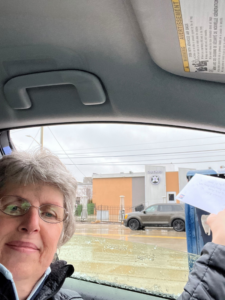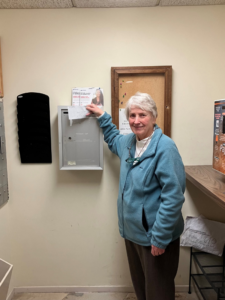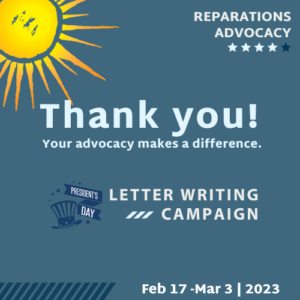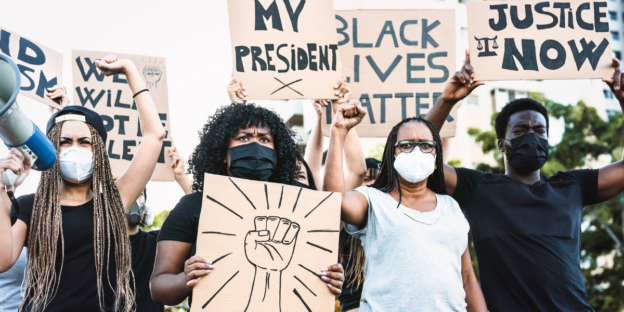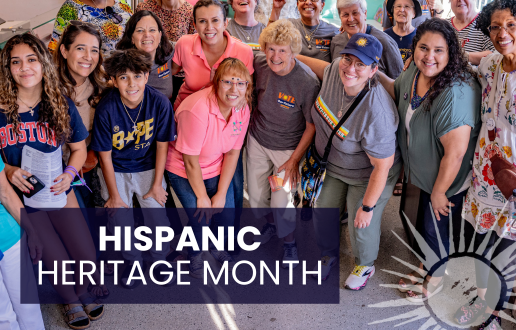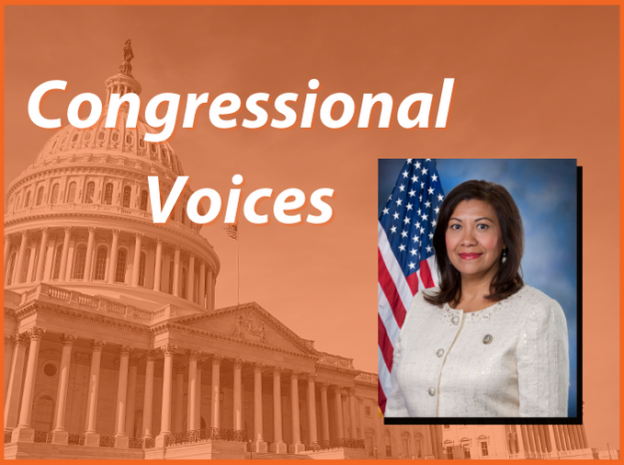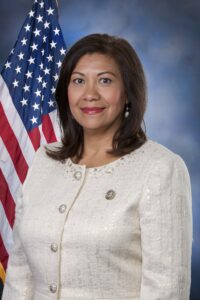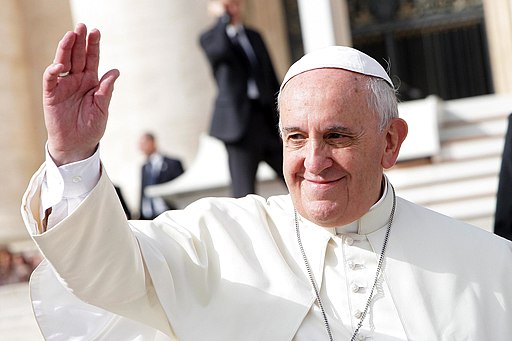
We Have Power to Use
Positive Change is Not Inevitable; Nor is it Beyond Our Grasp
Min. Christian Watkins
April 4, 2023
 In a world that is moving and changing seemingly at an uneasy pace, feelings of hopelessness and helplessness are quite pervasive. With social media hyperstimulation, news cycle fatigue, and electronics exhaustion, it can be paralyzing to do anything other than what is necessary just to exist. When billionaires can financially influence elections, nominations to the Supreme Court, and entire media platforms in hopes of steering events according to their will, the power of the individual can be easily neglected. But regardless, one thing the sacred texts and my mother constantly remind me of is that we have more power than we think.
In a world that is moving and changing seemingly at an uneasy pace, feelings of hopelessness and helplessness are quite pervasive. With social media hyperstimulation, news cycle fatigue, and electronics exhaustion, it can be paralyzing to do anything other than what is necessary just to exist. When billionaires can financially influence elections, nominations to the Supreme Court, and entire media platforms in hopes of steering events according to their will, the power of the individual can be easily neglected. But regardless, one thing the sacred texts and my mother constantly remind me of is that we have more power than we think.
The system of democracy has been credited to the ancient Greeks. Demos kratos literally translates to “people power.” I constantly see the power that one person’s voice can have in the halls of power. Every time I engage Congress and the Administration, whether through meetings or direct public actions, when people show up, when people use their presence and voice for good, good things happen. This greatly informs how NETWORK approaches all of our key policy areas like criminal legal reform, voting rights, and reparatory justice. It’s all about what we decide to do with the power of the voice and the presence we possess.
April 4 marks the 55th anniversary of the martyrdom of Rev. Dr. Martin Luther King, Jr. An assassin’s bullet may have killed the man, but it couldn’t kill the dreams, prayers, and work of righteous people. One aspect of his legacy that still resonates is how a young Baptist minister from meager beginnings was able to be such a catalyzing force in the movement for good in U.S. politics. The Civil Rights Movement of the 1950s and ‘60s culminated in the passage of civil rights, voting rights, and fair housing for Black and impoverished people all throughout our country. Dr. King knew how to build power, through and with people, on and for purpose.
Gains made back then are still active struggles today. As my mother says, it’s an unbearable reality that the rights she marched and voted for in the ‘60s are still in question today. But it is soul-settling to know that Dr. King’s advocacy and pastoral legacy through Atlanta’s Ebenezer Baptist Church is alive and well through the life and witness of Rev. Senator Raphael G. Warnock.
It is a blessing that Senator Warnock does not stand alone as a high-profile person of faith engaging with U.S. politics. Rev. Dr. Jacqui Lewis, Rep. Emmanuel Cleaver, II (D-MO), Jeanné Lewis of Faith in Public Life, Rev. Dr. William J. Barber, Rev. Dr. Barbara Williams-Skinner, and Rev. Dr. Frederick D. Haynes, III are just a few examples of people I believe embody Dr. King’s legacy of faithful public witness and leadership.
Their witness matters especially because we see today too many bad examples that confine Christian political belief to be represented by a small but extremist segment. Most of them fall under the heading of Christian nationalism — the belief that the U.S. is meant to be ruled by white Christians to serve white Christians. That belief system is contrary to the lofty principles and unalienable rights of life, liberty, and the pursuit of happiness enshrined in our country’s founding documents.
A tragic consequence of this – in addition to the exclusion, oppression, and loss of life that are the natural consequences of nationalist policy — is that religious faith in the public square becomes synonymous with intolerance and hatred, hostile to other belief systems expressed throughout the nation’s citizenry. It is unfortunate that the faith-filled justice-seeker is a strange, unknown construction to many people in the U.S., especially among younger generations.
As a Black man from the South and minister of the Gospel, I find hope and strength in the model of Dr. King. He reminds us: “Change does not roll in on the wheels of inevitability, but comes through continuous struggle.” It is a sin — a deadly one — to assume the cause is lost and not take any action at all. It is a virtue to keep showing up. It is a virtue to honor your God-given gifts through presence and witness. This is how we ultimately push past hopelessness and helplessness in our lives. May your power compel you to keep on showing up for justice, peace, and equity.
Min. Christian Watkins is a NETWORK Government Relations Advocate and minister of The United Methodist Church.
This column will be published in our upcoming Quarter 2 2023 issue of Connection.
“Every time I engage Congress and the Administration, whether through meetings or direct public actions, when people show up, when people use their presence and voice for good, good things happen.”








